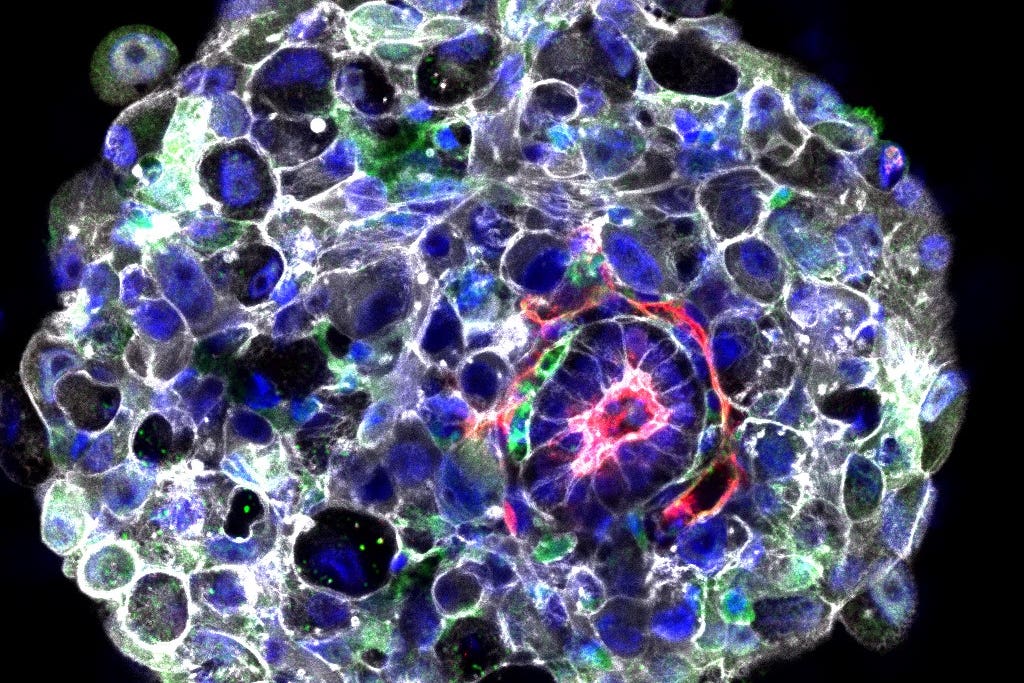Scientists create synthetic human embryos without need for egg or sperm
Experts say model embryos could provide insight into causes of miscarriages and aspects of human development but raise ethical and legal questions.

Scientists have created synthetic human embryos using stem cells – a move experts say could provide insight into causes of miscarriages and unique aspects of human development but raises ethical and legal questions.
Prof Magdalena Zernicka-Goetz, from the University of Cambridge and California Institute of Technology, described fostering the embryos to a stage just beyond the equivalent of 14 days of development for a natural embryo at the International Society for Stem Cell Research’s annual meeting in Boston on Wednesday, The Guardian reported.
According to the newspaper, the structures do not require eggs or sperm, do not have a beating heart or beginnings of a brain but contain cells that would typically develop to form the placenta, yolk sac and the embryo itself.
It remains unknown whether the synthetic models could develop into viable embryos if implanted, it is understood.
There is an urgent need for regulations to provide a framework for the creation and use of stem cell derived models of human embryos
The details are yet to be published in a journal paper, The Guardian said.
Prof James Briscoe, associate research director at The Francis Crick Institute, said it is not possible to comment in detail on the scientific significance without a peer reviewed paper but said synthetic models of human embryos based on stem cells have “a lot of potential”.
“They could provide fundamental insight into critical stages of human development,” he said.
“These are stages that have been very difficult to study and it’s a time when many pregnancies fail.
“Fresh insight might lead to a better understanding of the causes of miscarriages and the unique aspects of human development.”
However, Prof Briscoe said it raises “profound” ethical and legal questions.
“Unlike human embryos arising from in vitro fertilisation, where there is an established legal framework, there are currently no clear regulations governing stem cell derived models of human embryos.
“There is an urgent need for regulations to provide a framework for the creation and use of stem cell derived models of human embryos.”
He said it is important that research and researchers proceed “cautiously, carefully and transparently”.
“The danger is that missteps or unjustified claims will have a chilling effect on the public and policymakers,” he said. “This would be a major setback for the field.”
Bookmark popover
Removed from bookmarks